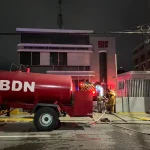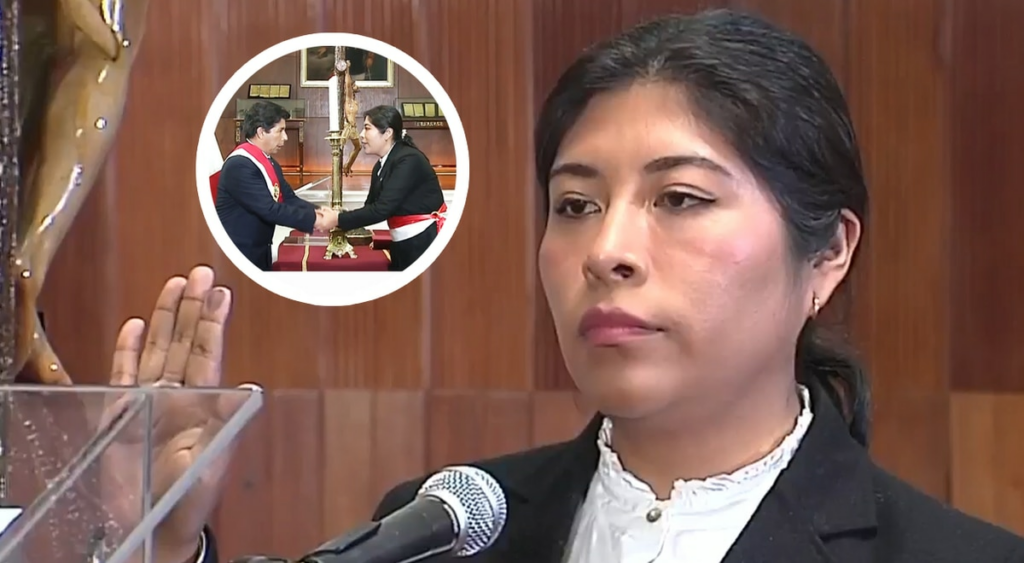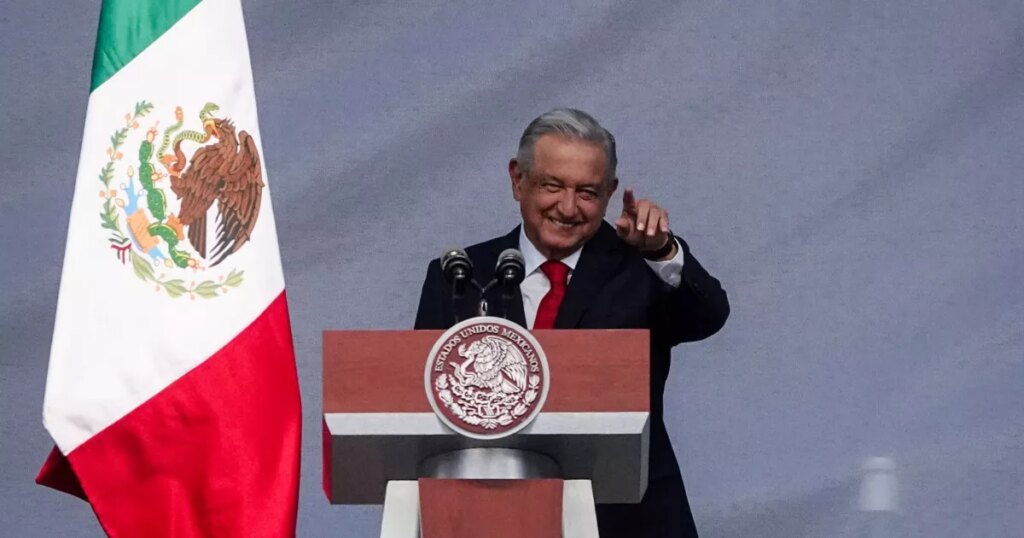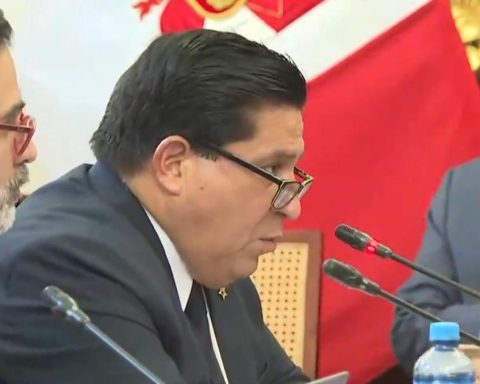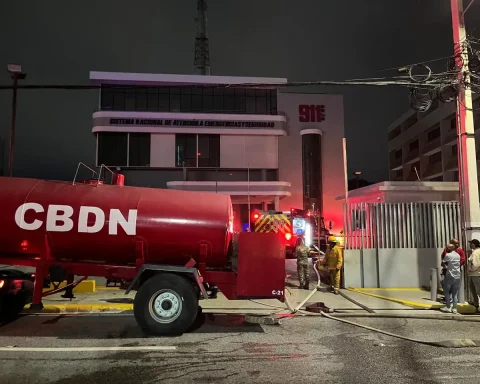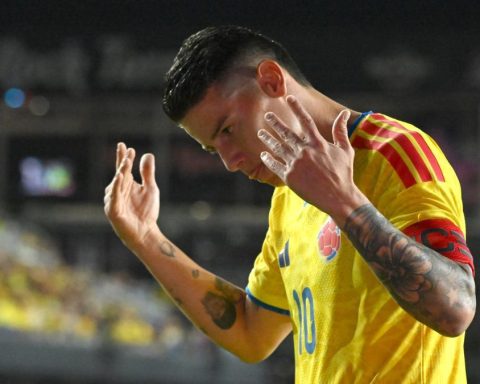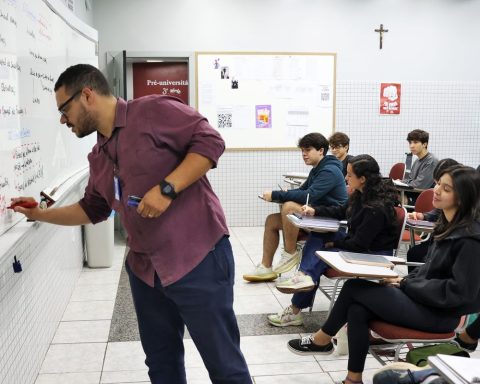The Yacyretá entity gives food to more than 800 fishermen
The ban is a period of pause that is imposed on the aquatic environment to allow the fish to complete their reproductive cycle by repopulating rivers, lakes, streams and estuaries. It is a relatively short time, of no more than 45 days, during which, at least in theory, those who are dedicated to catching fish must rest their nets, spinels, mediomundos, linadas, fishing rods, etc.
As apparently the fishermen do not know, cannot or do not want to do anything else, they dedicate themselves to living on the subsidies that the generous Paraguayan State gives them with full hands. Silver, by the way, that the taxpayer entrusts to the Government so that it can put it to good use, which is not the case with this unjustifiable squandering of funds.
Subsidy, according to the RAE, means “public assistance of an economic nature and of a fixed duration”. Giving assistance to someone means helping them, doing them a favor or, in Paraguayan Spanish, giving them a “help”. Are the fishermen so incapacitated to move some creative marote from the Yacyretá binational to deliver rice, flour, grass, beans, noodles, etc?
The most curious thing about all this is that the subsidized are grouped into more than a dozen associations, a basic form of organization that should encourage them to face a new stage, for example, and in order not to leave the business, dedicate themselves to fish farming. There are development programs supported by the Ministries of Agriculture, the Environment, SENACSA and the two binationals. They include project design, technical assistance and financing, all ready and waiting for hands that want to implement a proven effective idea.
A tilapia reaches its development in six months and from a medium pond you can obtain 5,000 to 10,000 specimens, which means between 2,500 and 5,000 kilos of clean, filleted and marketable fish. Just by taking a look at the price of a pack of half a kilo of tilapia in the supermarket, you can draw important conclusions. And if a chicken farm is associated with tilapia, the results can be surprising.
Finally, to be an aquaculturist it is not necessary to have a diploma from Oxford with a master’s degree from Cambridge. It is enough to have the will to work and attachment to personal dignity, values that are much more formative than going around asking for gifts and living on “help”.








